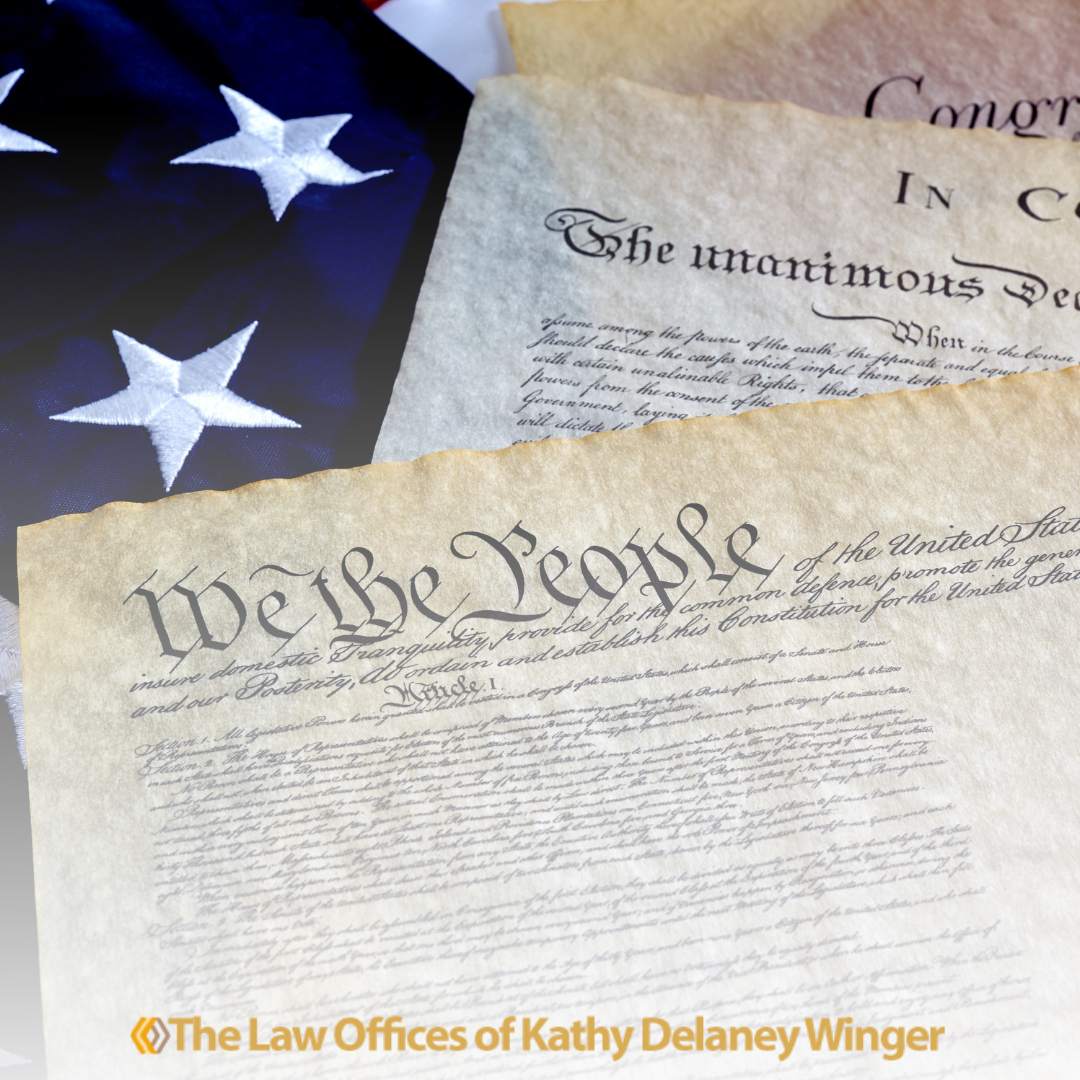How the First and Fourth Amendments Impact Cyberspace

How the First and Fourth Amendments Impact Cyberspace
When it comes to the cybersecurity, regulations are still catching up with how the industry is evolving. So far, courts have relied on existing laws and, for the most part, operated on a case-by-case basis in making decisions in this new and growing field. As more time is needed for new laws and regulations to be introduced, we can look back to the basics of law in the United States to see how our existing rights have impacted cyberspace. Even though the Bill of Rights was adopted long before cybersecurity became a concern, its lasting impact on our society and the cybersecurity industry is still prevalent today. The First and Fourth Amendments are particularly relevant in the cyber arena.
The First Amendment provides that: “Congress shall make no law respecting an establishment of religion, or prohibiting the free exercise thereof; or abridging the freedom of speech, or of the press; or the right of the people peaceably to assemble, and to petition the Government for a redress of grievances.” Its focus is the guarantee of freedom with respect to religion, expression, assembly, and the right to petition.
One of the major areas in which courts have been involved with enforcement of First Amendment rights is recognizing and defining the circumstances under which exclusions exist. For instance, these rights may not be guaranteed when private (as opposed to government actors) are involved. In the cyber world, this means that public schools may be limited by the First Amendment while private schools may not. Thus, public colleges may have limited ability to filter web usage and other aspects of digital usage, while private institutions have more control with the ability to place restrictions on web pages, e-mail, chat rooms, and any other Internet communication.
One way in which the government may intervene with the First Amendment rights with respect to cyberspace, is by placing restrictions on the time, place, and manner of public speech. For example, advertising and speech deemed indecent have certain limitations that may extend to digital communication. When threats or harassment are present, the law can come into play regardless of the digital space. This may include emails, social media messages, and other forms of contact that are either threatening harm or repetitive and unwanted. Following the same line of thought, defamation claims can also be based on online communications just as they can on other forms of communication.
The Fourth Amendment states: “The right of the people to be secure in their persons, houses, papers, and effects, against unreasonable searches and seizures, shall not be violated, and no Warrants shall issue, but upon probable cause, supported by Oath or affirmation, and particularly describing the place to be searched, and the persons or things to be seized.” In simpler words, it protects people from unreasonable searches and seizures by the government.
A common topic that arises in the cyber arena is the Fourth Amendment’s effect on the collection of online data. Since almost everything in cyberspace is recorded and data is consistently collected, guaranteeing a user’s online privacy can become a tricky task. Various entities collect data pertaining to users’ personal details, healthcare information, web usage, and more. Oftentimes, the user is unaware that their information is being collected. While regulations pertaining to this matter have been introduced in several states, there is currently no federal law on the issue.
This widespread data collection opens the door for cyberthreats, but the rise of regulations also introduces the possibility of revising our interpretation of the Fourth Amendment to address online privacy and data collection. Online privacy may be impossible to fully achieve, but state regulations are beginning to address how data is collected, stored, and used, as well as other consumer data rights in general. California, Virginia, and Colorado have all taken steps to regulate consumer data protections, so, we can expect more states and potentially the country as a whole to take more steps to interpret the Fourth Amendment in cyberspace.
The First and Fourth Amendments have both been pivotal to our society and may become more and more relevant to cybersecurity issues. As regulations pertaining to cybersecurity grow, the way in which the amendments relate to cyberspace may fluctuate and change. For the time being, it’s best to follow along with the newest regulations on a state-by-state basis and consider our current understanding of how these laws relate to the industry.
Feel free to reach out to me to learn more about cybersecurity, protecting your personal data, and how to help prevent cyberthreats from impacting your business.
The information presented here is for general educational purposes only. It does not constitute legal advice and does not create an attorney-client relationship.